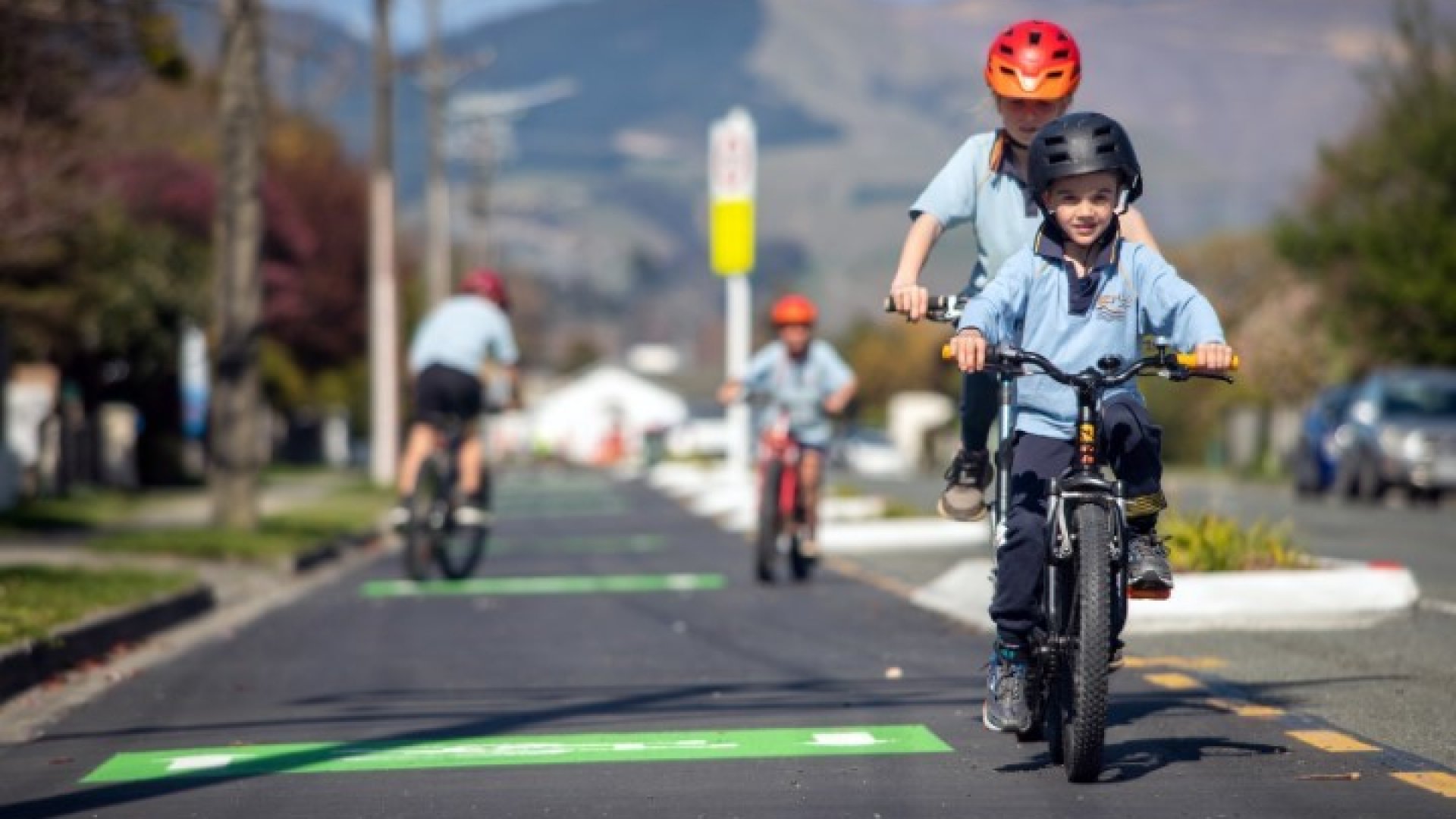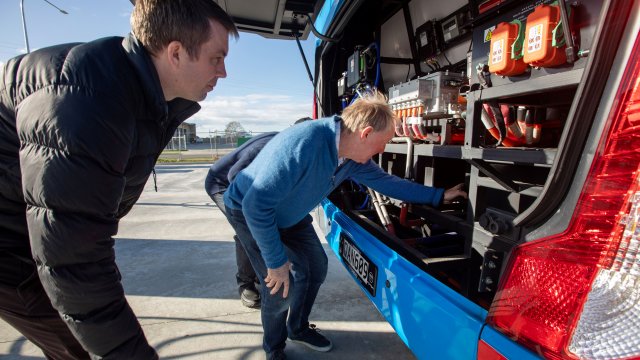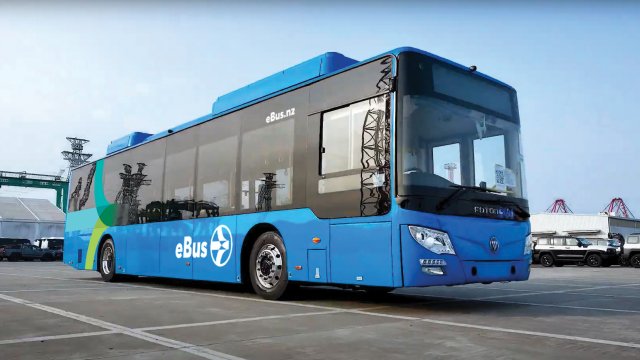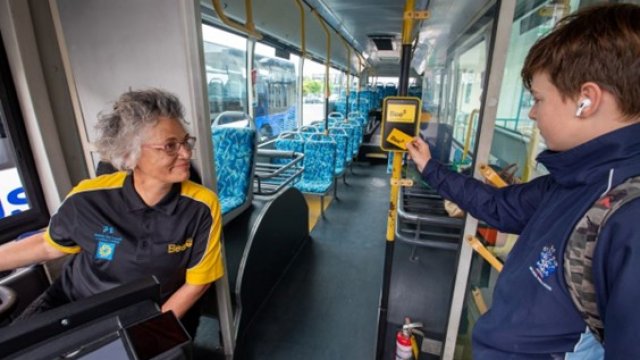More work to be done - Nelson’s transport report card
24/09/2021 2:04am
Nelson City Council has assessed a range of transport targets and come back with a detailed report on where improvements can be made.
“Shifting people towards more sustainable forms of transport was always going to be a challenge, and there is still a lot of work to be done,” says Infrastructure Chair Brian McGurk.
“But I am confident that change will take place, and many of the drivers for change are already underway.”
The targets that Council staff will focus on for improvement are:
Vehicle occupancy
In 2020/21, 21.2% of vehicles across all routes had more than one occupant, this is down from 24% in 2014/15.
Pandemic restrictions in 2020 would almost certainly have impacted this figure as people were asked to remain in their bubbles and physically distanced.
However, as part of its upcoming Parking Strategy, Council is looking at whether parking charges that incentivise ride-sharing can be introduced.
Walking and cycling rates
The 2018 Census showed that Nelsonians were far more likely to walk or cycle to school or work than anywhere else in New Zealand. Council has been working to see that number increase, but in 2020/21, numbers plateaued.
“We have worked hard to provide the infrastructure needed to help less confident cyclists feel comfortable leaving their car at home,” says Councillor McGurk.
“The last three years have seen new cycleways in places like Tahunanui and the Railway Reserve linked to the Maitai Walkway at ANZAC Park. We have made walking around Nelson easier and safer with initiatives like the Barnes Dance at the Halifax/Trafalgar intersection, and by widening popular footpaths.
“Our Streets for People trial in South Nelson has successfully reduced through traffic and speeds in the area.”
Council is also continuing work to promote behaviour change around transport by supporting activities such as adult cycling classes, school programmes, Go By Bike Day, and access to free bike lights.
“We want parents to feel that their children are safe to walk or cycle to school, and people who haven’t ridden a bike for a while to give it a go if they can. It’s famously something you never forget!”
Public transport use
Council’s public transport target was to see usage increase year on year, but 2020/21 saw a decrease.
This was felt nationally and is an ongoing impact of COVID-19. Nelson’s public transport’s usage is at 85% of pre-COVID levels.
This rate is higher than many other regional public transport systems in New Zealand and has been sustained with help from the Bee Card, introduced in August 2020.
Councillor McGurk said improvements to the region’s public transport network are planned from 2023 and it is recognised that more needs to be done to make public transport a convenient option.
“Our most recent Regional Public Transport Plan includes new and extended bus routes, 30-minute frequency on all urban routes from early morning to early evening, increased peak time frequencies, a single urban fare zone, and support for community transport in North Nelson.
“Alongside Tasman District Council we are introducing bus services to places such as Motueka and Wakefield, allowing many more people to use public transport to get to Richmond or Nelson.”
“All these changes are due to be completed by 2029, by which time our public transport system will be far more extensive.”
Unplanned road closures
There was an increase in the number of unplanned road closures on key journey routes. Reasons for road closures included slips, fire, crashes, fallen trees, and police events.
Regulatory changes for traffic management, which came into effect in 2020/21, and changes to risk tolerance mean that road closures are now more likely to be considered the most appropriate response to an unplanned event.
Safety
Between 2015 and 2020/21 there were 22 fatal and serious crashes in Nelson. In the previous six-year period, there were 21. This is a relatively low number, but Council recognises that even one fatality or serious accident is too many.
Councillor McGurk says Council is working with road safety partners including Waka Kotahi, Police, FENZ, ACC and the DHB to improve safety in line with central government’s Road to Zero Strategy
“Over the last year, we have reduced speed limits to 30kph in the inner city and other zones where vulnerable road users are present. Over the next year, Council’s across New Zealand will each be working on comprehensive Speed Management Plans and seeking public feedback.”




